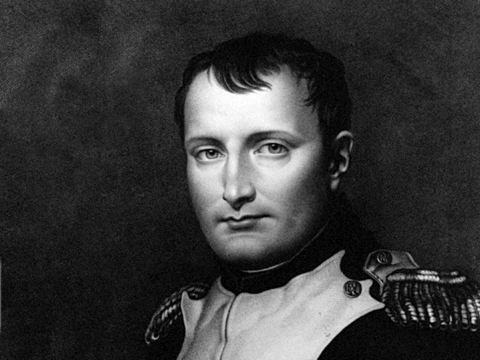
We ended yesterday’s blog with a question that the title of today’s entry answers. The reason for this is actually relatively straight forward. By the time of Clausewitz’s premature death in 1831, Western military thinkers had essentially established the framework for subsequent debate. They identified themselves, in other words, with one of two paradigms of war – they were either prescriptive, as were the 18th century rationalists we’ve previously discussed, or they were non-prescriptive, as were the two varieties of military romantics we discussed yesterday. So, which school of thought would come to dominate the Anglo-European discourse on hard power over the next 150 years? Frankly, it didn’t take too long for the answer to appear.
Let’s remember that the Napoleonic system lashed up state policy and military activity together. This was possible because Napoleon was both head of state and the supreme military commander of France. Jomini, the greatest of the rationalists we’ve discussed, did not think the above arrangement was abnormal or, more precisely, a symptom of a particular political time and place. Instead, when he began his self-appointed quest to identify war’s eternal truths, he saw in Napoleon the unquestioned, last-stop source of these elusive truths. Jomini, in other words, did not see Napoleonic warfare for what it was – a type of war – and instead came to confuse it with war itself. And at the heart of Napoleonic warfare there indeed seemed to be a universal truth – i.e., if you expect to use hard power effectively to fulfill your foreign policy goals, you will at some point have to destroy or seriously incapacitate your opponents’ armies. Napoleon’s example was so conceptually all-encompassing that both Jomini and Clausewitz believed in what appeared to be this inescapable truth. Jomini, however, garnished it with other easily digestible rules (half-disguised as mere principles) and assorted lists. There was no Teutonic obscurity in his Art of War, as there was in the romantic ruminations of Scharnhorst, Clausewitz and eventually Moltke the Elder. Indeed, there were prescriptions to be had and if you followed them properly success would be yours, or so Jomini argued again and again.

